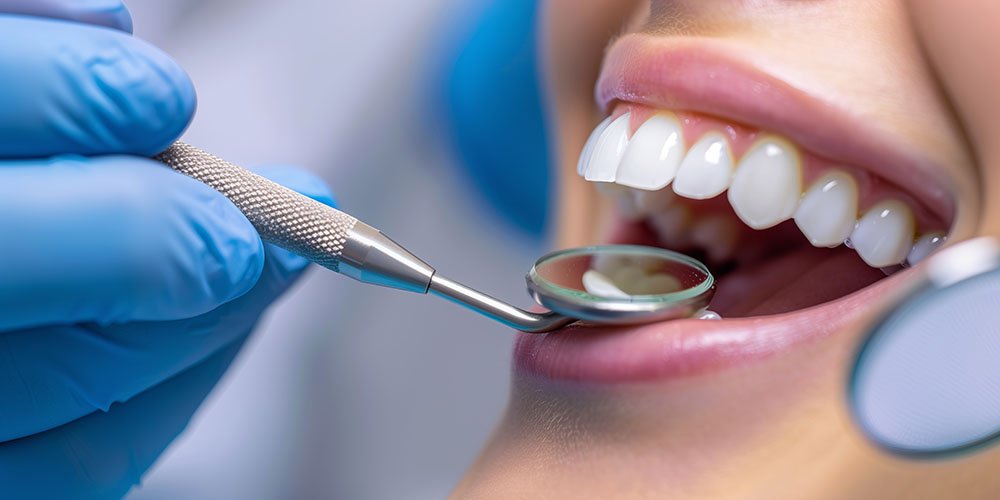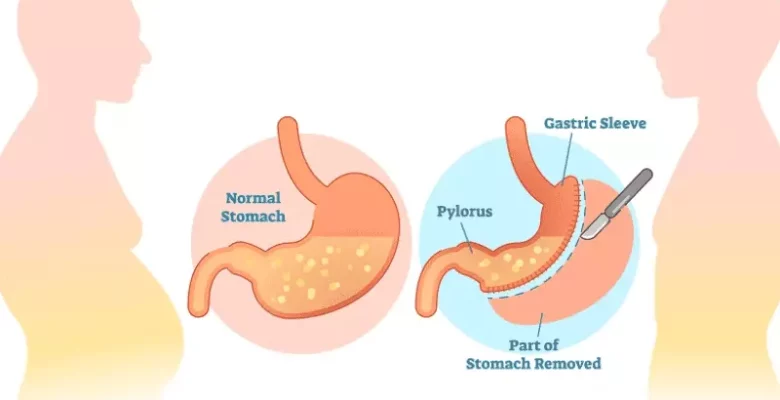Dental implant surgery is an effective way to replace missing teeth and restore your smile. While it is a safe and common procedure, it is normal to experience some swelling and discomfort during the recovery period. Knowing how to manage these symptoms can help you recover comfortably and ensure that your dental implants integrate properly.
Understanding Post-Implant Swelling and Discomfort
After dental implant surgery, your body naturally responds to the procedure with inflammation. Swelling and mild discomfort are part of the healing process and typically peak within the first 48 to 72 hours. Some patients may also notice minor bruising around the implant site or tenderness in surrounding gums and jaw.
Factors that can influence the level of swelling include the complexity of the procedure, the number of implants placed, and your body’s natural healing response. Understanding these factors can help you manage expectations and take appropriate care of the surgical site.
Immediate Steps to Reduce Swelling
Apply Cold Compresses
Using a cold compress on the outside of your cheek near the implant site can help reduce swelling during the first 24 to 48 hours. Apply the compress in 15-20 minute intervals, taking breaks in between to avoid skin irritation. Cold therapy helps constrict blood vessels and limits the inflammatory response, which can make you more comfortable during the initial recovery phase.
Keep Your Head Elevated
When resting or sleeping, keeping your head elevated can help minimize swelling. Use extra pillows or sleep in a reclined position to reduce fluid accumulation in the surgical area. This simple adjustment can make a noticeable difference in swelling and overall comfort.
Managing Discomfort
Take Prescribed Medications
Your dentist in Boise, Idaho, may prescribe pain relievers or recommend over-the-counter medications to manage discomfort. Take them exactly as directed to maintain steady pain control. Avoid taking more than the recommended dose, and check with your dental provider if you have any underlying health conditions that might affect medication use.
Stick to Soft Foods
Eating soft foods for the first few days after dental implant surgery can reduce pressure on the implant site and prevent irritation. Foods such as yogurt, mashed potatoes, scrambled eggs, and smoothies are gentle on healing tissues. Avoid hard, crunchy, or spicy foods that could disrupt the surgical area or cause unnecessary pain.
Stay Hydrated
Drinking plenty of water helps support your body’s healing process. Proper hydration can reduce inflammation and support overall tissue recovery. Avoid using straws, as the suction can interfere with the healing of the implant site.
Oral Care During Recovery
Maintaining good oral hygiene is crucial for successful healing, but it is important to be gentle around the implant area. Rinse your mouth with a mild saltwater solution several times a day to reduce bacteria and promote healing. Brush and floss carefully, avoiding direct pressure on the surgical site. Your dentist can provide specific instructions tailored to your dental implants to help prevent infection and ensure proper recovery.
Monitoring Healing Progress
While some swelling and discomfort are normal, certain symptoms may indicate complications. Contact your dental provider if you notice:
- Severe or increasing pain that is not relieved by medication
- Excessive swelling that worsens after 72 hours
- Unusual discharge, bleeding, or foul taste
- Fever or signs of infection
Early intervention can prevent minor issues from becoming serious problems and help your dental implants heal smoothly.
Additional Tips for a Smooth Recovery
- Avoid smoking and alcohol consumption during the recovery period, as they can slow healing and increase the risk of implant failure.
- Get adequate rest to support your body’s natural healing processes.
- Follow any post-operative instructions provided by your dentist, including follow-up appointments and check-ins.
By following these tips, you can manage swelling and discomfort effectively and allow your dental implants to heal properly.
Learn More About Post-Operative Care
If you have questions about managing discomfort or swelling after dental implant surgery, this dentist in Boise answers common questions about dental implants on their site’s FAQs. Reviewing these resources can help you understand what to expect during recovery and how to take the best care of your new implants.
Managing swelling and discomfort after dental implant surgery is an important part of the healing process. With careful attention to post-operative care, proper oral hygiene, and support from your dental team, recovery can be smooth and comfortable, helping you enjoy the benefits of a restored smile.
While functional recovery is essential, many patients eventually look to enhance their smile’s overall appearance once their implants are fully integrated. To find specialists who offer comprehensive aesthetic treatments, you can search specific terms like cosmetic Delray Beach or dentist near me. These practices often provide advanced services, including porcelain veneers and full smile makeovers, designed to complement the stability and health achieved through restorative procedures.





